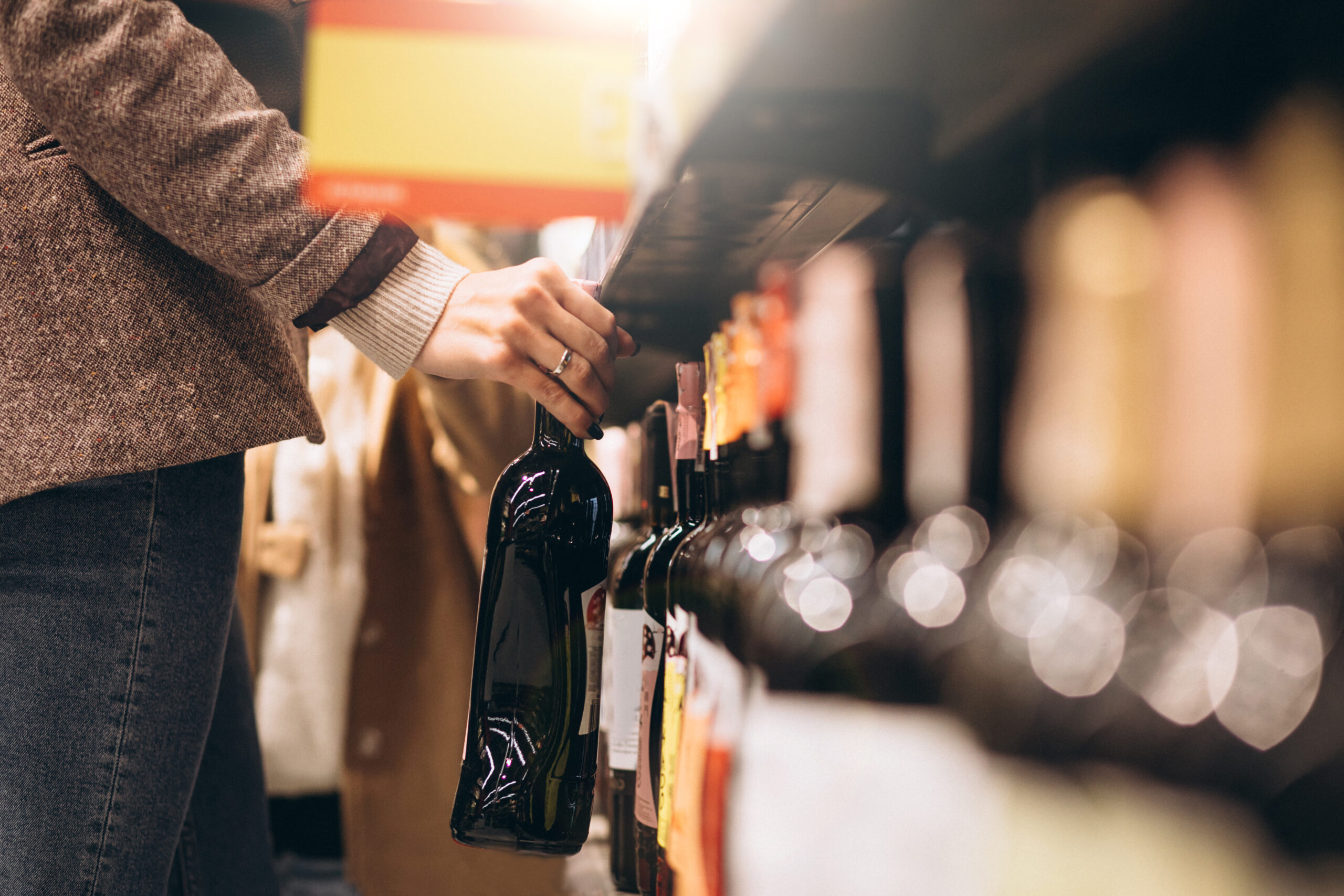The New York State Legislature is considering legislation that would amend alcoholic beverage control laws to allow direct intrastate and interstate shipments of liquor, cider, mead, and braggot, as well as direct shipments of wine.
The bill would authorize direct interstate shipment of up to thirty-six cases of the aforementioned beverages per year to a New York resident.
The Assembly bill (A.3132A) was sponsored by Assemblywoman Donna Lupardo (D-Endwell) and co-sponsored (from the Suffolk delegation) by Fred Thiele (D-Sag Harbor), Steve Stern (D-Dix Hills), Michael Durso (R-Massapequa Park), Ed Flood (R-Port Jefferson Station), and Jodi Giglio (R-Baiting Hollow).
The Seante Bill (S.2852A) was sponsored by Senator James Skoufis (D-Cornwall). No Suffolk Senators signed on to co-sponsor it.
The Retailer’s Alliance, a Northport-based nonprofit, states their mission as: “promote the general welfare of and free competition among merchants and dealers engaged in the sale of liquor for off-premises consumption in New York State, and to provide education on rules and regulations regarding the sale of liquor.”
The Alliance has stated that the bills would pose “substantial threats” to their “business model and public safety.”
They stated that the bills bypass the three-tier system “designed to ensure safe and responsible alcohol distribution and sales,” a move which they say would “potentially expose consumers to counterfeit products.”
The Alliance also says that the bills would impact local jobs and revenue, increase the risks to minors, promote unlicensed sales, and create challenges with tax enforcement. 20% of alcohol sales are taxes paid to New York State. The Alliance says that “enforcing tax collection from out-of-state shippers has proven to be difficult, if not impossible.”
Douglas Cibuls, of Lake Liquor, Inc., of Ronkonkoma, wrote a letter to Senator Dean Murray (R-East Patchogue), stating that federal alcohol taxes are paid by the distillery at production and state taxes are paid by the wholesalers after the retailer buys and pays for the product thirty days after purchase.
“If the retailer does not pay their bill they are reported to the New York State liquor authority and placed on the C.O.D. list with all wholesalers. This is part of the three tier system that is in place to ensure New York State receives their tax money from the alcohol sales,” Cibuls wrote in his letter.
Cibuls says that a $70 case of 80-proof liquor nets the state $14 in taxes.
“If out-of-state distilleries were able to ship to New York residents the state could potentially lose millions of dollars in tax revenue as there is no way to ensure that the state taxes are paid and no way for New York to enforce the payment of the taxes,” Cibuls continued. “This also leaves the local retailer at a significant disadvantage as we would not be able to compete in price with us paying the tax and the distillery not.”
Cibuls also says that Jim Beam, one of the biggest distilleries in the world, is lobbying for the legislation and they do not have a distillery in New York.
The bills remain in their committees in their respective chambers.




